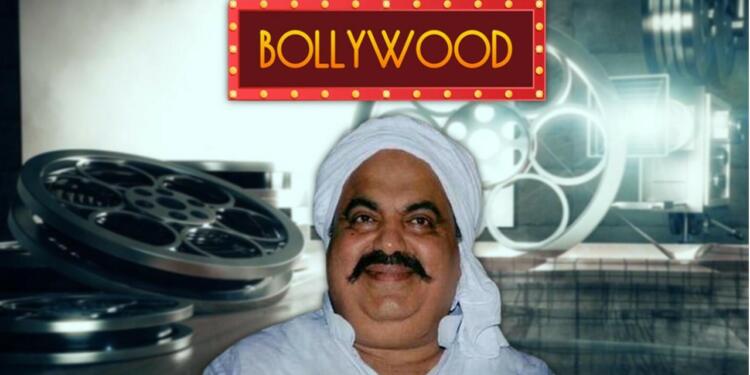Passing of Atiq Ahmed has caused quite the stir, with everyone from intellectuals to politicians offering their two cents. And of course, when it comes to expressing opinions, the film industry is never one to lag behind. However, it seems this has also exposed a not-so-glamorous side of the Indian film industry, where crime is glorified, leaving us to wonder about its commitment to society. Read on to learn more.
Will Atiq Ahmed’s life story also make it to the big screen?
It’s been a wild ride in Uttar Pradesh lately, with the dramatic demise of Atiq Ahmed and his brother Ashraf, and then the unexpected encounter of Mohammad Asad. Memes mocking the UP administration for the Atiq Ahmed case are all the rage, with some even comparing it to a Christopher Nolan thriller. And who knows, with all the buzz around Atiq’s life, maybe the next big biopic will be all about him.
While we all love a good laugh, there’s no denying the worrying trend of glorifying criminals in pop culture. And this issue has recently been highlighted in not just one, but two very different ways. From the BBC painting Atiq Ahmed as a modern-day Robin Hood to India Today’s shocking exposé on the film industry’s obsession with criminal glorification, it’s clear that we need to take a closer look at how we portray these characters in the media.
Read More: Ranveer Singh is embarking on a difficult journey
There are no innocent parties here…
Picture a movie about Kasab that portrays him as an aspiring athlete whose parents were tragically killed by the Indian Army in a cross-border attack. In order to avenge their deaths, he joins a terrorist group.
Feeling irked yet? You’re not alone. But believe it or not, this has been the norm in our cinema for years. Smugglers, dons, goons, terrorists – you name it, we glorify it as if the country couldn’t function without them. And it’s not just Bollywood – even the Tamil and Kannada film industries are guilty of presenting these criminals as larger-than-life figures. Whether it’s “Raees,” “KGF,” or “Pushpa,” there’s no watering down the glorification.
Read More: Farhad Samji, kindly refrain from testing the patience of the Indian public…
How long will this last?
If this was just limited to fictional tales, it might have worked once. But it didn’t. Ram Gopal Varma kicked off a whole new level of glorification with “Satya” and “Company,” paving the way for a slew of films like “Rakta Charitra” and “Haseena Parkar” that put criminals on a pedestal. And let’s not forget the glorification of real-life baddies like Dawood Ibrahim and Varadarjan Mudaliar – those stories deserve a spotlight of their own.
Imagine analyzing these two films on Kashmir, “Lamha” and “Haider,” and feeling like you’ve stumbled upon a propaganda campaign against the Indian government. The film industry seems to be playing a game of narrative ping-pong – on one hand, they advocate for freedom of expression, but on the other hand, they oppose”The Kashmir Files” for its realistic portrayal of the issue. And let’s not forget how the industry has glorified even the culprits of partition. If this trend continues and criminals like Atiq Ahmed are celebrated in future films, it’s not a good look for our country or the film industry.
Support TFI:
Support us to strengthen the ‘Right’ ideology of cultural nationalism by purchasing the best quality garments from TFI-STORE.COM




























